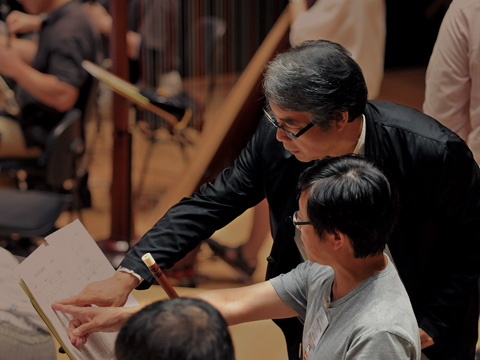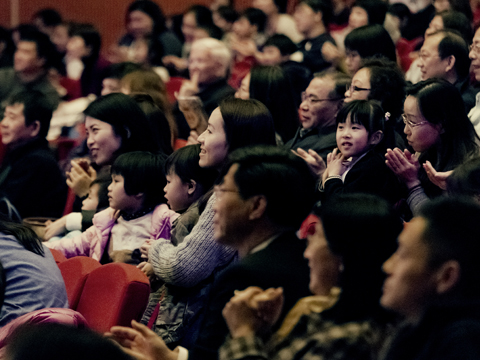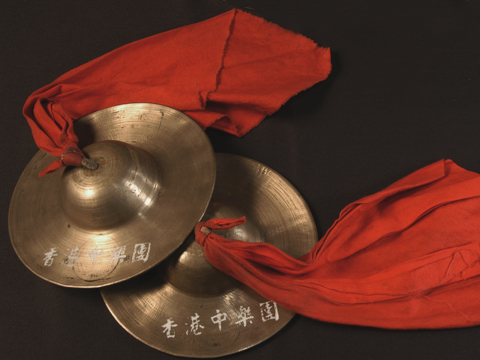
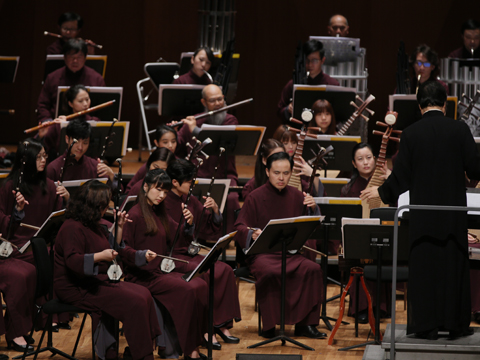
HKCO
Hong Kong Chinese Orchestra Environmental, Social and Governance Artistic Director and Principal Conductor for Life Orchestra Members Council Advisors & Artistic Advisors Council Members Management Team Vacancy Contact Us (Tel: 3185 1600)

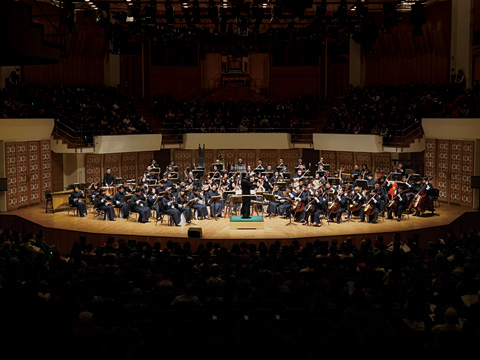
Concerts

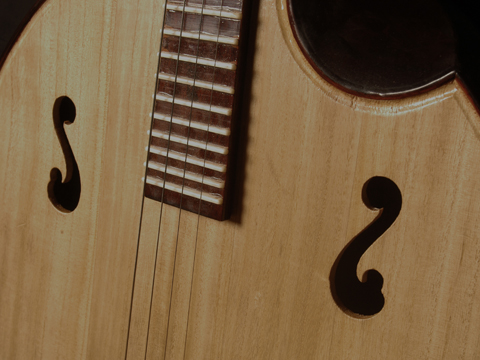
Education
The HKCO Orchestral Academy Hong Kong Youth Zheng Ensemble Hong Kong Young Chinese Orchestra Music Courses Chinese Music Conducting 賽馬會中國音樂教育及推廣計劃 Chinese Music Talent Training Scheme HKJC Chinese Music 360 The International Drum Graded Exam

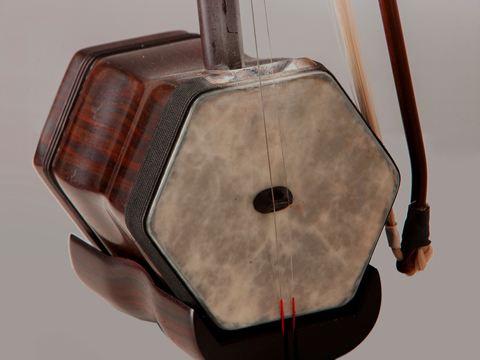
Instrument R&D
Eco-Huqins Chinese Instruments Standard Orchestra Instrument Range Chart and Page Format of the Full Score Configuration of the Orchestra
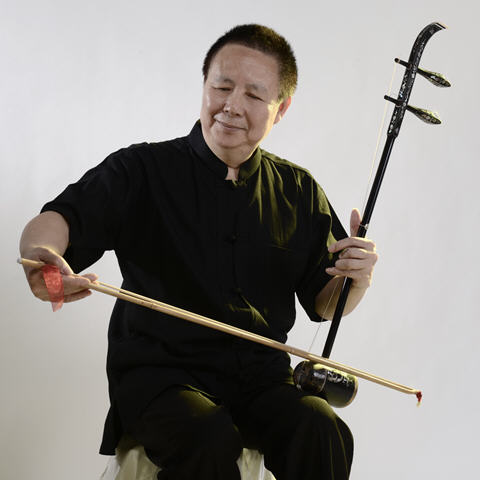
Wang Peiyu
Wang Peiyu is a virtuoso in the traditional music of the Chaozhou-Shantou region, in particular xianshi music. He is recognized as a Bearer of the Intangible Cultural Heritage of Chiuchow (Chaozhou) Music of Shantou, Guangdong. A National Class One Composer, he is currently Artistic Director of the Shantou City Arts Research Centre and a Visiting Professor of the China Conservatory of Music. He is also a member of the Chinese Musicians’ Association, Artistic Adviser to the Han Music Research Society and Chaozhou-Shantou Cultural Exchange Association of Guangdong, Vice-chairman of the Shantou Musicians’ Association, and Honorary Chairman of the Popular Music Association of Shantou City. In 2013, he won an Outstanding Performance Award at the 10th China Arts Festival and a Performance Award at the Assessment Showcase of Folk Music in Chinese Ethnic Instrumental Music when he entered two categories of competition, one of which was xianshi music of Chaozhou.
Born into a family of musicians, Wang was trained at a young age in all four categories of Chinese musical instruments – wind, bowed-strings, plucked-strings and percussion. After completing his training at the Shantou Traditional Opera School of Guangdong in 1977, he joined the Guangdong Song and Dane Troupe (aka South China Song and Dance Troupe) as lead player of Chiuchow music. He was on attachment to the Guangdong Provincial Academy for People's Art to study music in 1978. He trained for many years under famous virtuosi in the genre, such as Wang Anming, Hu Zhao, Xiao Yunge etc., and is therefore well-steeped in traditional music.
Over the years, Wang has gone on tour to Europe, America, Southeast Asia, Hong Kong, Macao and Taiwan as a member of the Guangdong National Orchestra of China, where he performed and gave talks. His compositions of Chiuchow music include The Righteous Wen Tianxiang, strings-and-bamboo music A Crescent of Verdant Spring, A Fair in South China etc. His publications on music include The Folk Art of Chaozhou and Shantou – Volume on Music (2013) and 500 Traditional Xianshi Pieces of Chaozhou and Shantou (2009).
Born into a family of musicians, Wang was trained at a young age in all four categories of Chinese musical instruments – wind, bowed-strings, plucked-strings and percussion. After completing his training at the Shantou Traditional Opera School of Guangdong in 1977, he joined the Guangdong Song and Dane Troupe (aka South China Song and Dance Troupe) as lead player of Chiuchow music. He was on attachment to the Guangdong Provincial Academy for People's Art to study music in 1978. He trained for many years under famous virtuosi in the genre, such as Wang Anming, Hu Zhao, Xiao Yunge etc., and is therefore well-steeped in traditional music.
Over the years, Wang has gone on tour to Europe, America, Southeast Asia, Hong Kong, Macao and Taiwan as a member of the Guangdong National Orchestra of China, where he performed and gave talks. His compositions of Chiuchow music include The Righteous Wen Tianxiang, strings-and-bamboo music A Crescent of Verdant Spring, A Fair in South China etc. His publications on music include The Folk Art of Chaozhou and Shantou – Volume on Music (2013) and 500 Traditional Xianshi Pieces of Chaozhou and Shantou (2009).
Your Support
The HKCO is a non-profit organization. It is through your support that we can continue to make life beautiful, with arts, music, and a thankful heart.
Friends of HKCO
Copyright © 2026 HKCO
